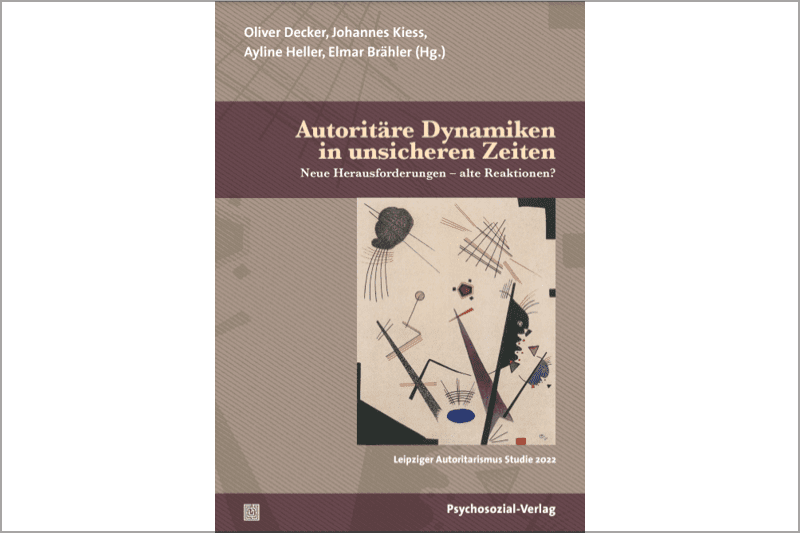Germans are less likely to adhere to radical right-wing ideas than they were a few years ago, but they have become xenophobic. This is the conclusion of a study by the University of Leipzig, which has been examining the views of Germans on democracy, right-wing extremism and foreigners every two years since 2002.
The number of people agreeing with right-wing extremist statements has fallen across Germany, but especially in East Germany, the researchers say. Only 2 percent of East Germans have a ‘closed far-right worldview in the sense of a neo-Nazi ideology’, sums up Deutsche Welle. In 2020 that was still 10 percent.
At the same time, resentment against “those perceived as ‘different’ is on the rise,” the survey shows. For example, there is more hatred against Muslims, Roma and Sinti, Jews and women. The percentage of people with “pronounced xenophobic” views has risen in East Germany from 27.8 to 31 percent in the past two years. In West Germany it fell from 13.7 to 12.6 percent. A total of 40 percent of East Germans and 12.6 percent of West Germans think that the influence of foreigners in Germany is too predominant.
The researchers currently see Germany in crisis mode. This is expressed in several paradoxical results, they say. For example, 82 percent – in East Germany as much as 90 percent – of the population is satisfied with democracy. At the same time, many people feel they have no political influence. The corona pandemic and the war in Ukraine have caused more polarization in Germany, the study shows.






